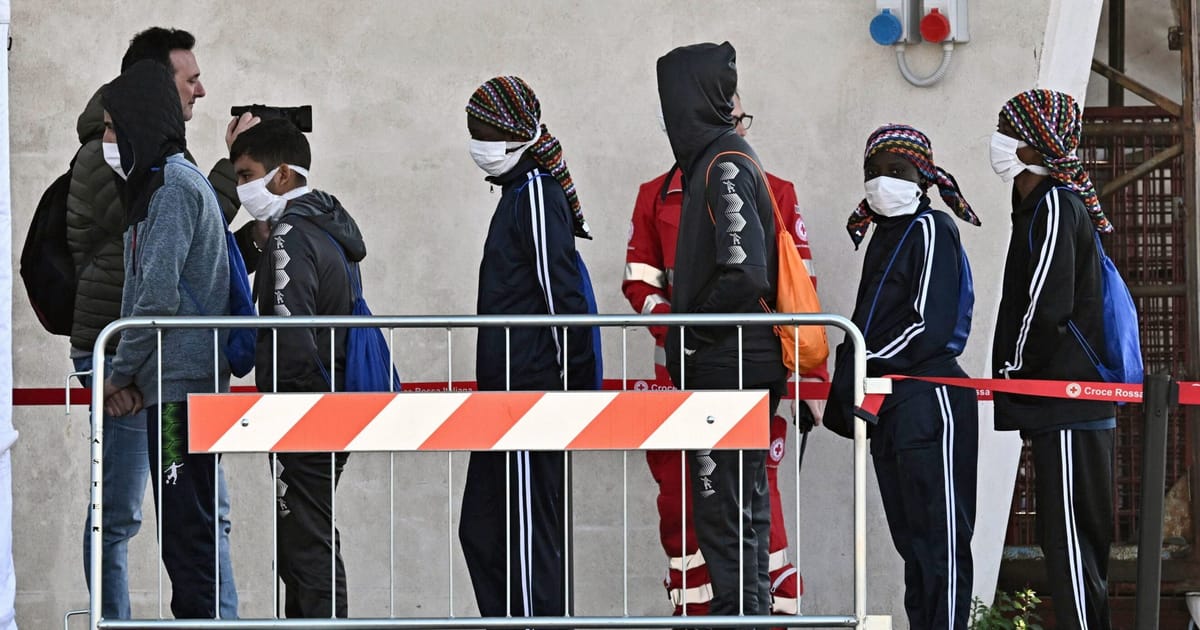

The European Union (EU) continues to focus intently on pressing issues such as migration and trade, as it navigates a complex international landscape. Recent developments highlight the EU’s strategic directions while maintaining a calm and optimistic outlook for future international collaborations.
In a bid to address escalating migration concerns, the EU seeks to strengthen its partnership with Africa by tying development aid to effective measures aimed at controlling the flow of migrants to Europe. This proposal reflects Brussels’ ongoing efforts to create sustainable solutions for migration-related challenges while ensuring that aid contributes directly to minimizing these pressures. The collaborative approach aims to boost regional stability and economic development, ultimately envisioning a harmonious balance between aiding African countries and managing migration effectively.
Meanwhile, the dialogue around trade was central to recent discussions, featuring prominently in conversations between U.S. and EU officials. Specifically, President Trump acknowledged the EU’s fair manner in recent trade negotiations, suggesting that a decision concerning tariffs is imminent. This positive tone in transatlantic trade relations may lead to more nuanced economic engagements in the near future. There is hope for continued diplomacy, fostering an environment of mutual respect and cooperation that bolsters both economies.
Simultaneously, President Trump hinted at the possibility of imposing additional sanctions on Russia in response to ongoing geopolitical tensions. By asserting potential sanctions ‘at his option,’ Trump aims to signal a more assertive stance against actions perceived as detrimental to U.S. interests. This position comes amidst a backdrop of global diplomatic challenges, where the balance of addressing foreign relations and maintaining domestic stability is critical.
In the broader context of European politics, Denmark’s Prime Minister, Mette Frederiksen, delivered a profound speech at the European Parliament, highlighting Denmark’s priorities during its presidency of the Council of the European Union. She conveyed a message of hope and resilience in the face of diverse threats ranging from geopolitical disruptions to economic uncertainties. Her belief in Europe’s capability to overcome current challenges and build a secure, greener, and competitive future encapsulates a commitment to welfare and opportunities for all European citizens.
This multifaceted approach to Europe’s current issues underscores the importance of unity and strategic planning. As global challenges continue to evolve, forging strong international partnerships and maintaining a balance of interests remain paramount. Through these efforts, Europe envisions a future built on a foundation of shared values and aspirations, paving the way for innovative solutions and collaborative growth.
Source: {link}
